Precision testing, supporting 3C, solid-state battery, and battery material research.
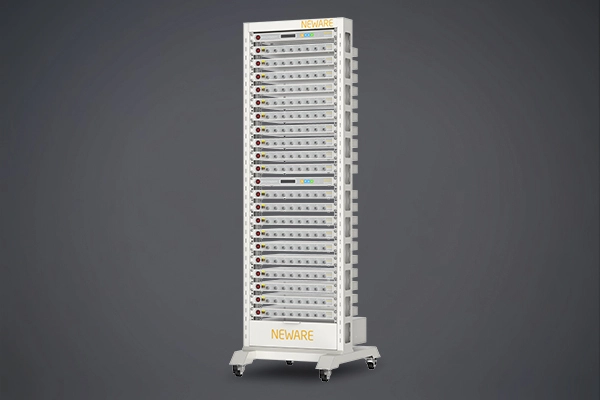
Voltage & Current Accuracy: ±0.01% F.S.
Recording Frequency: 10Hz
Sampling Time: 100ms
Current Response Time: ≤1ms
Minimum Pulse Width: 500ms
Off-Line Test: 1GB
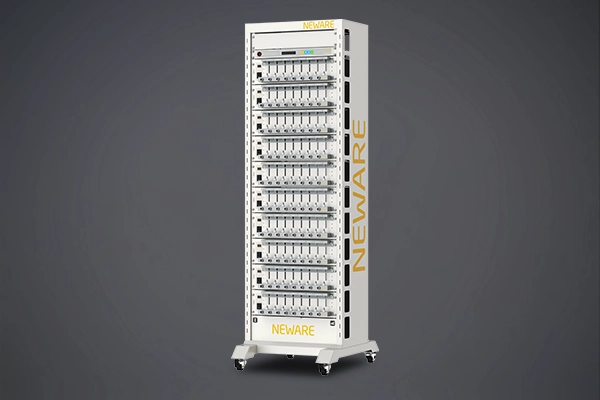
Voltage & Current Accuracy: ±0.02% F.S.
Recording Frequency: 10Hz
Sampling Time: 100ms
Current Response Time: ≤1.5ms
Minimum Pulse Width: 500ms
Off-Line Test: 1GB
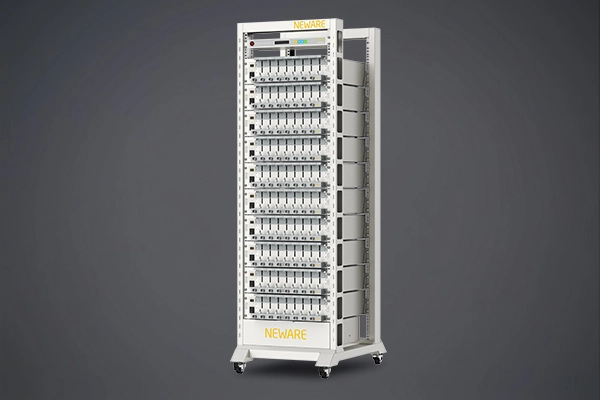
Voltage & Current Accuracy: ±0.02% F.S.
Recording Frequency: 10Hz
Sampling Time: 100ms
Current Response Time: ≤1.5ms
Minimum Pulse Width: 500ms
Off-Line Test: 1GB
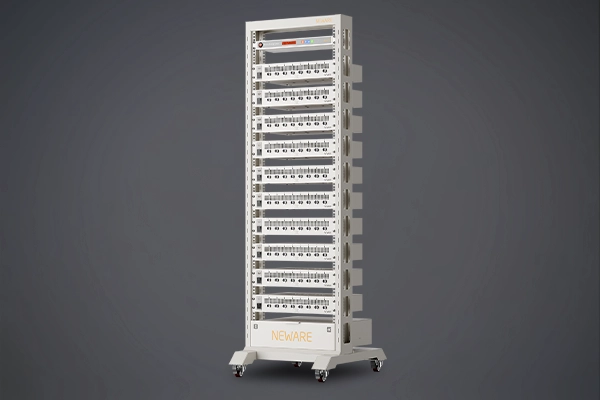
Voltage & Current Accuracy: ±0.05% F.S.
Recording Frequency: 10Hz
Sampling Time: 100ms
Current Response Time: ≤1ms
Energy Efficiency: >65%
Off-Line Test: 1GB
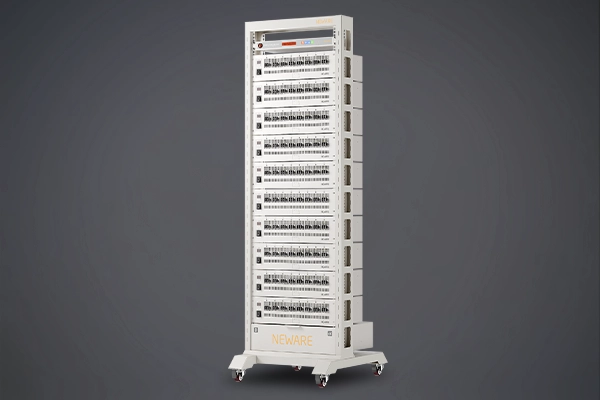
Voltage & Current Accuracy: ±0.05% F.S.
Recording Frequency: 10Hz
Sampling Time: 100ms
Current Response Time: ≤1ms
Energy Efficiency: >65%
Off-Line Test: 1GB

Voltage & Current Accuracy: ±0.05% F.S.
Recording Frequency: 10Hz
Sampling Time: 100ms
Current Response Time: ≤1ms
Energy Efficiency: >65%
Off-Line Test: 1GB
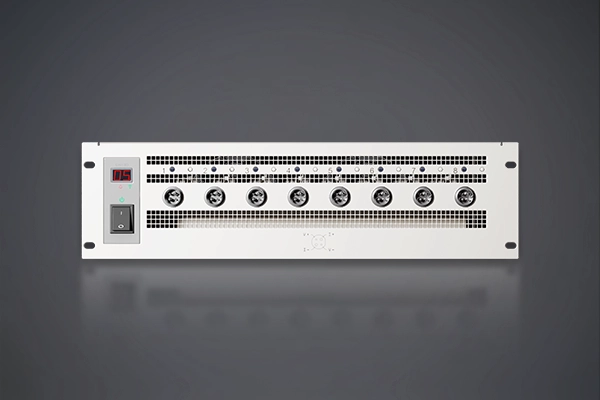
Voltage & Current Accuracy: ±0.02% F.S.
Recording Frequency: 10Hz
Current conversion time: ≤10ms
Current Response Time: ≤1ms
Minimum Pulse Width: 100ms
DCIR: Supported
Designed for battery performance testing and materials research.
For EVs, communication base stations, and energy storage systems.
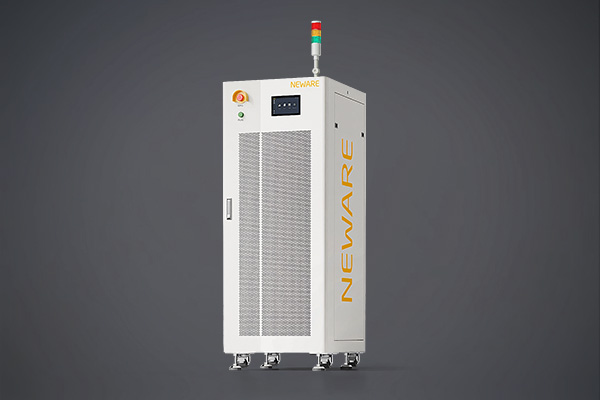
Voltage & Current Accuracy: ±0.05% F.S.
Recording Frequency: 100Hz
Current Conversion Time: ≤6ms
Current Response Time: ≤3ms
Minimum Pulse Width: 100ms
Feedback Efficiency (Max): 75%
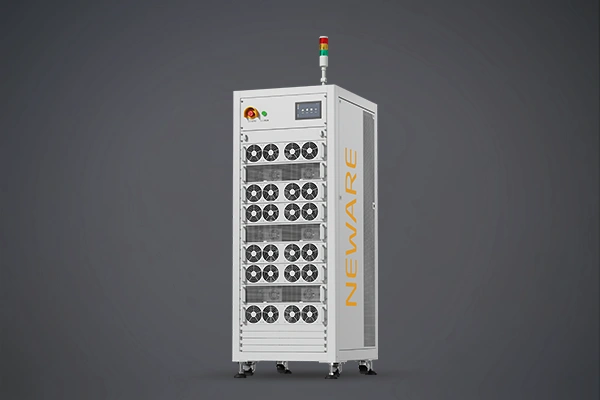
Voltage & Current Accuracy: ±0.02% F.S.
High-Frequency Sampling: 200Hz
Current Conversion Time: ≤2ms
Current Response Time: ≤1ms
Minimum Pulse Width: 10ms
Feedback Efficiency (Max): 75%
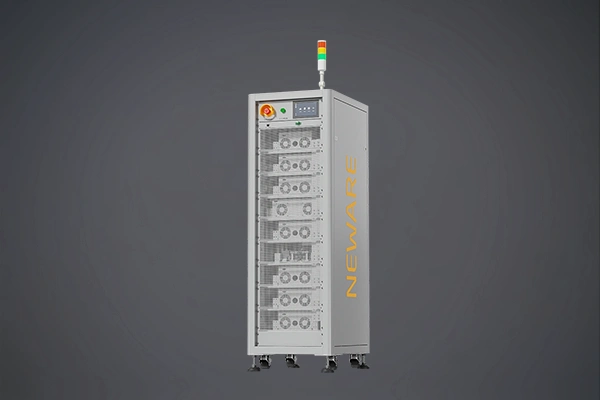
Voltage Accuracy: ±0.02% F.S.
Current Accuracy: ±0.05% F.S.
Recording Frequency: 100Hz
Current Conversion Time: ≤6ms
Current Response Time: ≤3ms
Minimum Pulse Width: 50ms
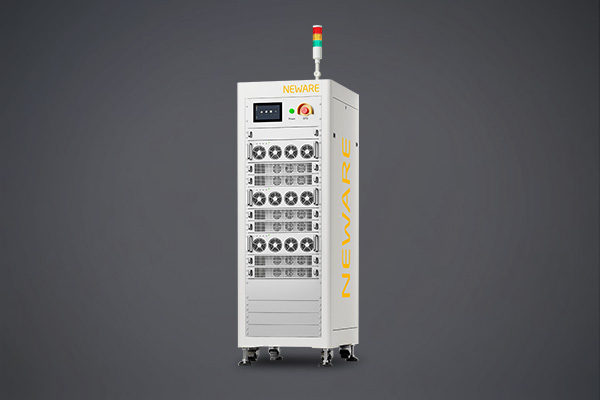
Current Accuracy: ±0.05% F.S.
Voltage Accuracy: ±0.02% F.S.
Recording Frequency: 100Hz
Current Conversion Time: ≤6ms
Current Response Time: ≤3ms
Minimum Pulse Width: 100ms
Feedback Efficiency (Max): 90%
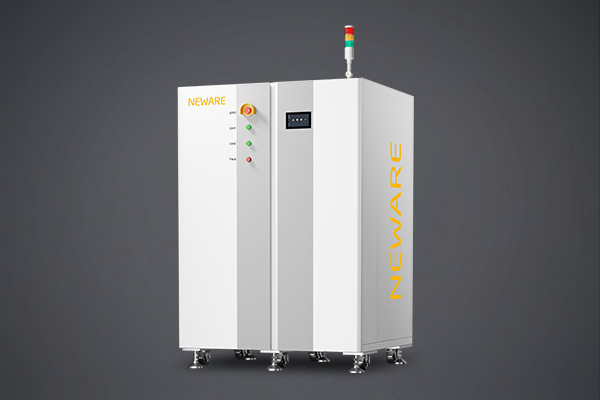
Voltage Accuracy: ±0.02% F.S.
Current Accuracy: ±0.05% F.S.
Recording Frequency: 100Hz
Current Conversion Time: ≤10ms
Current Response Time: ≤5ms
Minimum Pulse Width: 100ms
Feedback Efficiency (Max): 94%
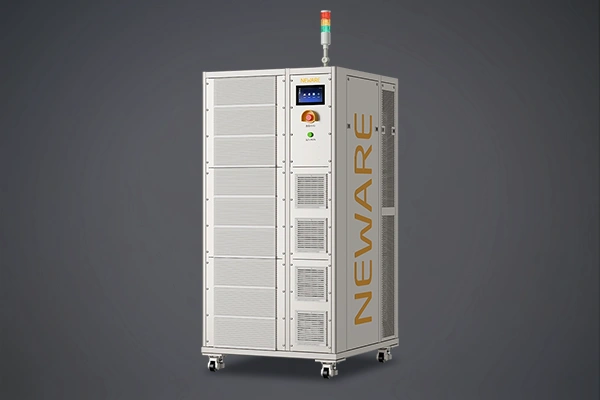
Voltage & Current Accuracy: ±0.02% F.S.
Recording Frequency: 100Hz
Current Conversion Time: ≤20ms
Current Response Time: ≤10ms
Minimum Pulse Width: 50ms
Feedback Efficiency (Max): 96%

Voltage & Current Accuracy: ±0.02% F.S.
Recording Frequency: 100Hz
Current Conversion Time: ≤20ms
Current Response Time: ≤10ms
Minimum Pulse Width: 50ms
Feedback Efficiency (Max): 96%
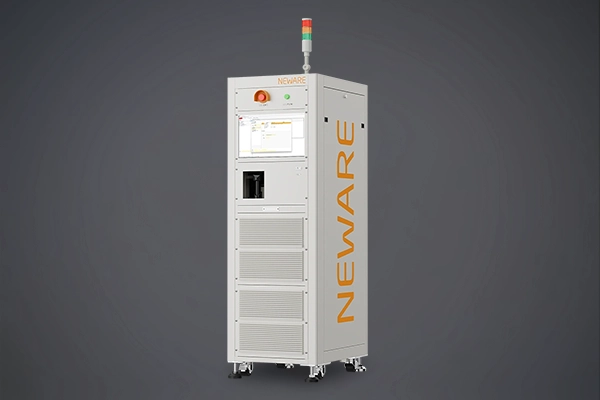
Voltage Accuracy: ±0.02% F.S.
Current Accuracy: ±0.05% F.S.
Recording Frequency: 100Hz
Current Conversion Time: ≤6ms
Current Response Time: ≤3ms
Minimum Pulse Width: 100ms
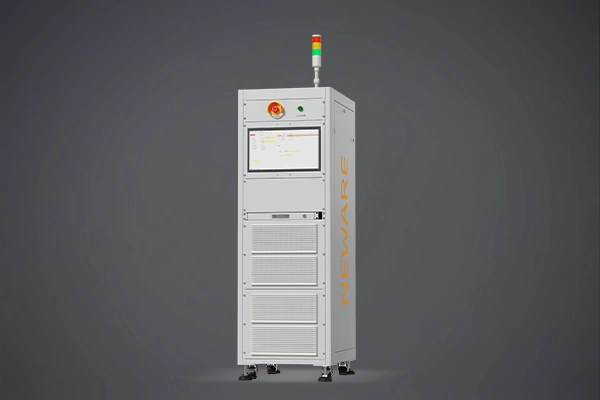
Current Accuracy: ±0.05% F.S.
Voltage Range: 0-1500V
Range of Adjustable: 2Ω-1MΩ
Number of Channels: 24CH
Communication Module: CAN, RS232, IIC, SMBUS, RS485
SMBUS/I2C communication ability for laptops, tablets, smartphones battery
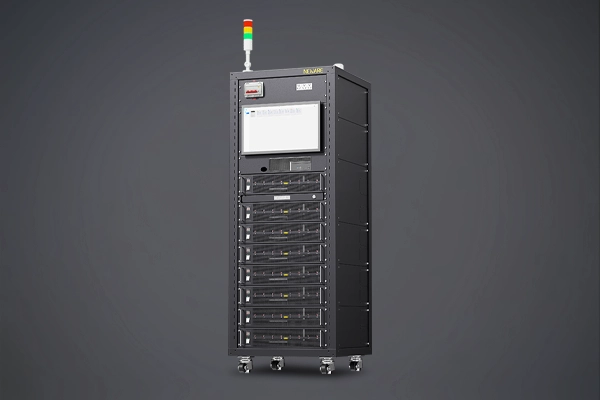
Voltage & Current Accuracy: ±0.02% F.S.
Recording Frequency: 100Hz
Resolution Ratio AD/DA: 16bit
Current Response Time: ≤30ms
Single-Cycle Operation Count: 255 cycles
Channel: 8
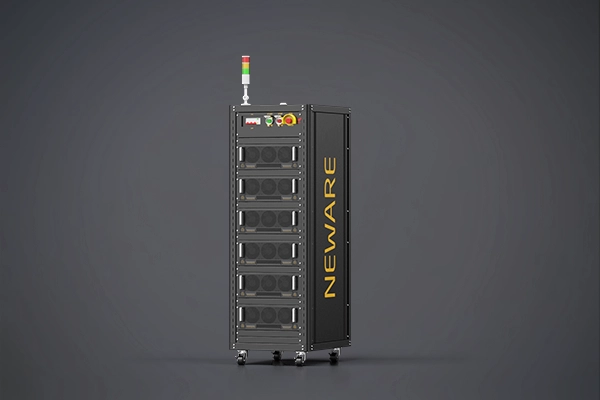
Voltage Accuracy: ±0.02% F.S.
Current Accuracy: ±0.05% F.S.
Resolution Ratio AD/DA: 16bit
Current Response Time: ≤1ms
Minimum Pulse Width: 100ms
Off-Line Test: 1GB/CH
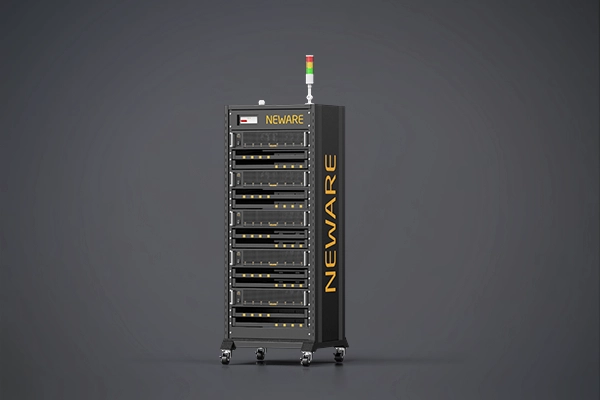
Voltage & Current Accuracy: ±0.02% F.S.
Recording Frequency: 100Hz
Resolution Ratio AD/DA: 16bit
Current Response Time: ≤20ms
Single-Cycle Operation Count: 255 cycles
Off-Line Test: 1GB/CH
Capture fleeting variations and differentiate with precision.
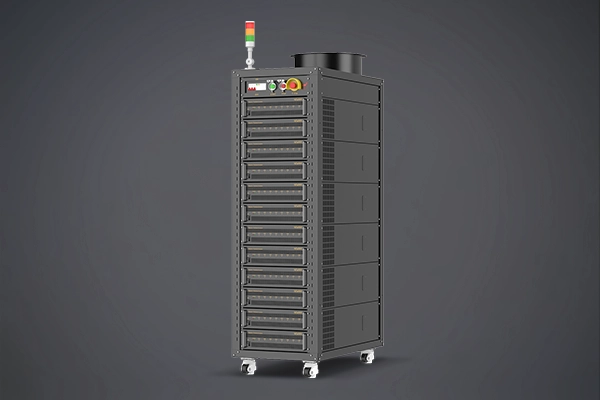
Voltage & Current Accuracy: ±0.02% F.S.
Recording Frequency: 1000Hz
Resolution AD: 16bit
Current Response Time: ≤150μs
Off-Line Test: 1GB
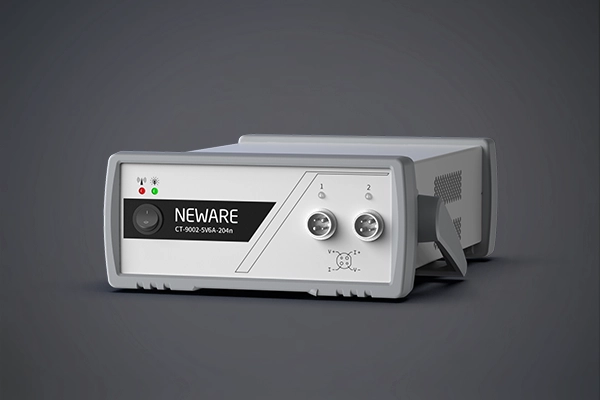
Voltage & Current Accuracy: ±0.02% F.S.
Voltage & Current Stability: ±0.01% F.S.
Recording Frequency: 1000Hz
Resolution AD: 16bit
Current Response Time: ≤100μs
Off-Line Test: 1GB
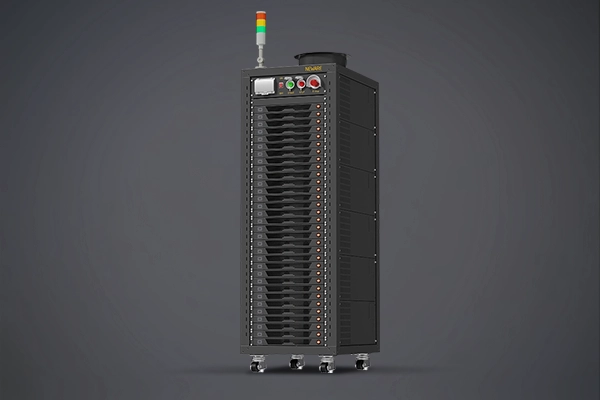
Voltage & Current Accuracy: ±0.02% F.S.
Voltage Stability: ±0.01% F.S.
Current Stability: ±0.015% F.S.
Sampling Frequency: 100Hz
Resolution AD: 16bit
Current Response Time: ≤1ms
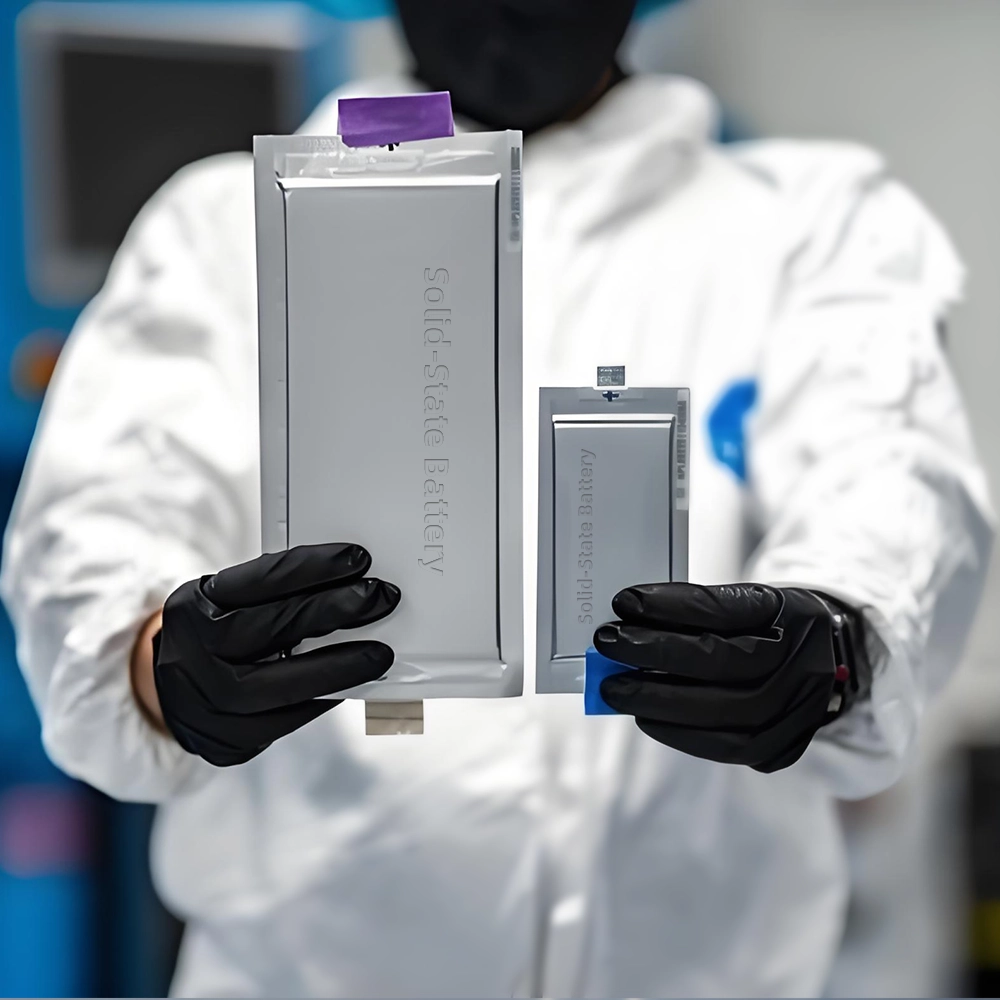
The lab focuses on solid-state battery research to overcome traditional lithium batteries' safety and energy density issues, supporting environmental sustainability. It develops innovative solid-state electrolytes, refines electrode materials, and investigates ion transfer and interface stability to revolutionize battery technology.
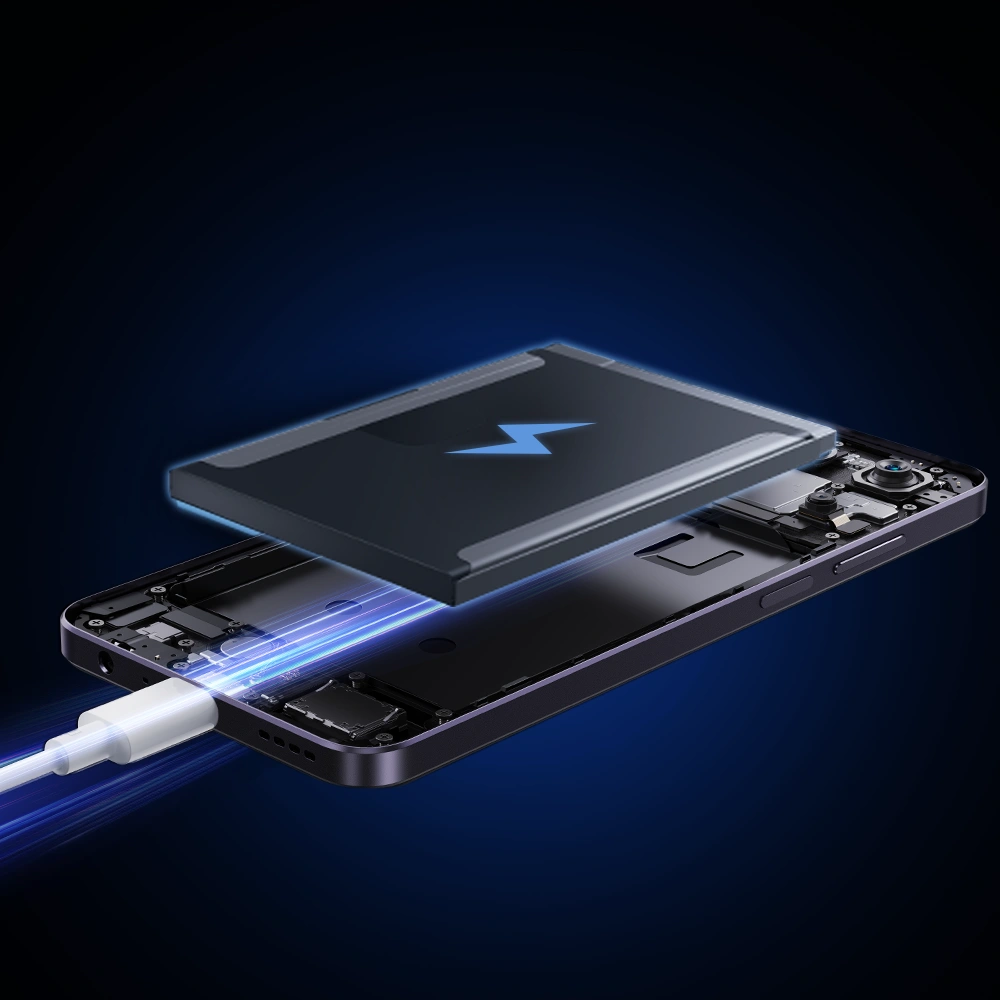
With the widespread use and increased frequency of cell phones, the endurance, safety, and lifespan of mobile phone batteries have become a focus of concern for both users and manufacturers. Cell phone batteries primarily use lithium-ion battery technology, but there are issues and challenges that drive the need for charge and discharge equipment to test cell phone batteries.

The electric vehicle battery industry is rapidly developing, focusing on technological innovation, market competition, and sustainability. Research hotspots include solid-state batteries, new types of electrolytes, BMS optimization, and recycling technologies. The environmental adaptability, safety, and economic viability of batteries are key research areas, and the industry is expected to undergo more innovation and transformation.
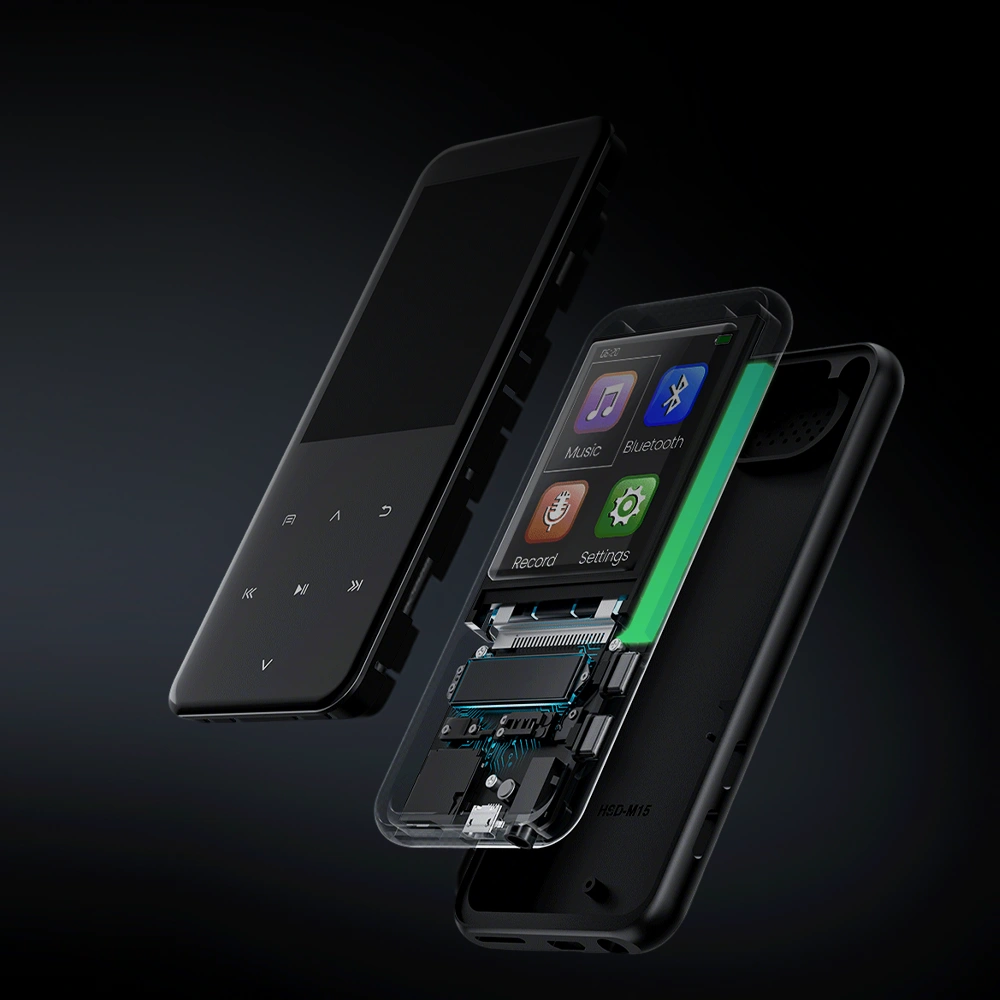
The voice recorder industry is progressing towards longer endurance, lighter weight, and enhanced intelligence. Next-gen voice recorders will incorporate high-energy-density batteries, smart BMS integration, and novel energy solutions like solid-state batteries, enabling fast charging and ultra-long recording endurance.

The desk lamp industry is accelerating towards intelligentization and low-power consumption, with battery technology becoming a critical innovation driver. High energy density and long-cycle-life battery technologies provide enduring power support for smart lamps while promoting wireless and portable design advancements.
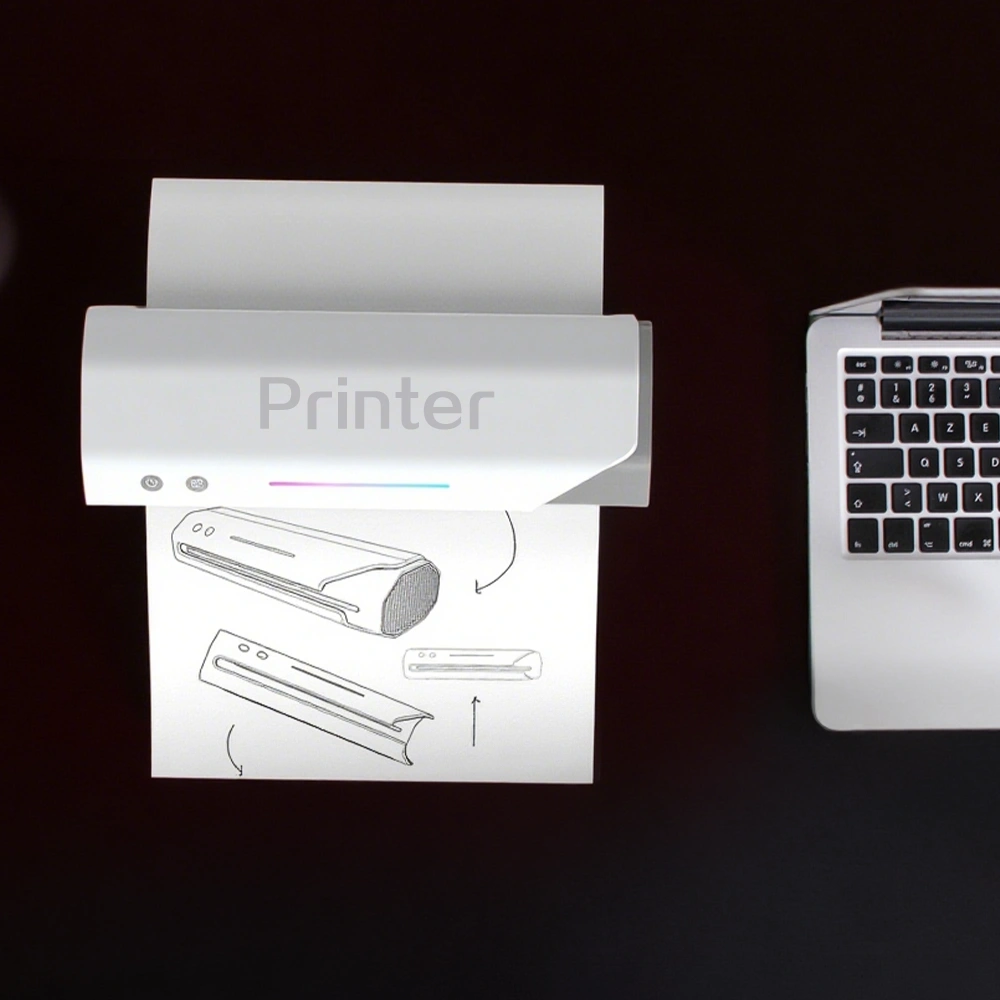
With the development of technology, portable printing devices such as POS printers, pocket printers, and Polaroids have entered our lives, bringing convenience. Their portability is not only reflected in their compact size and easy carrying, but the advancement of battery technology has also improved their battery life. As a core component, the battery directly affects the mobility and practicality of the devices, so scientific and comprehensive testing of the battery is particularly important.